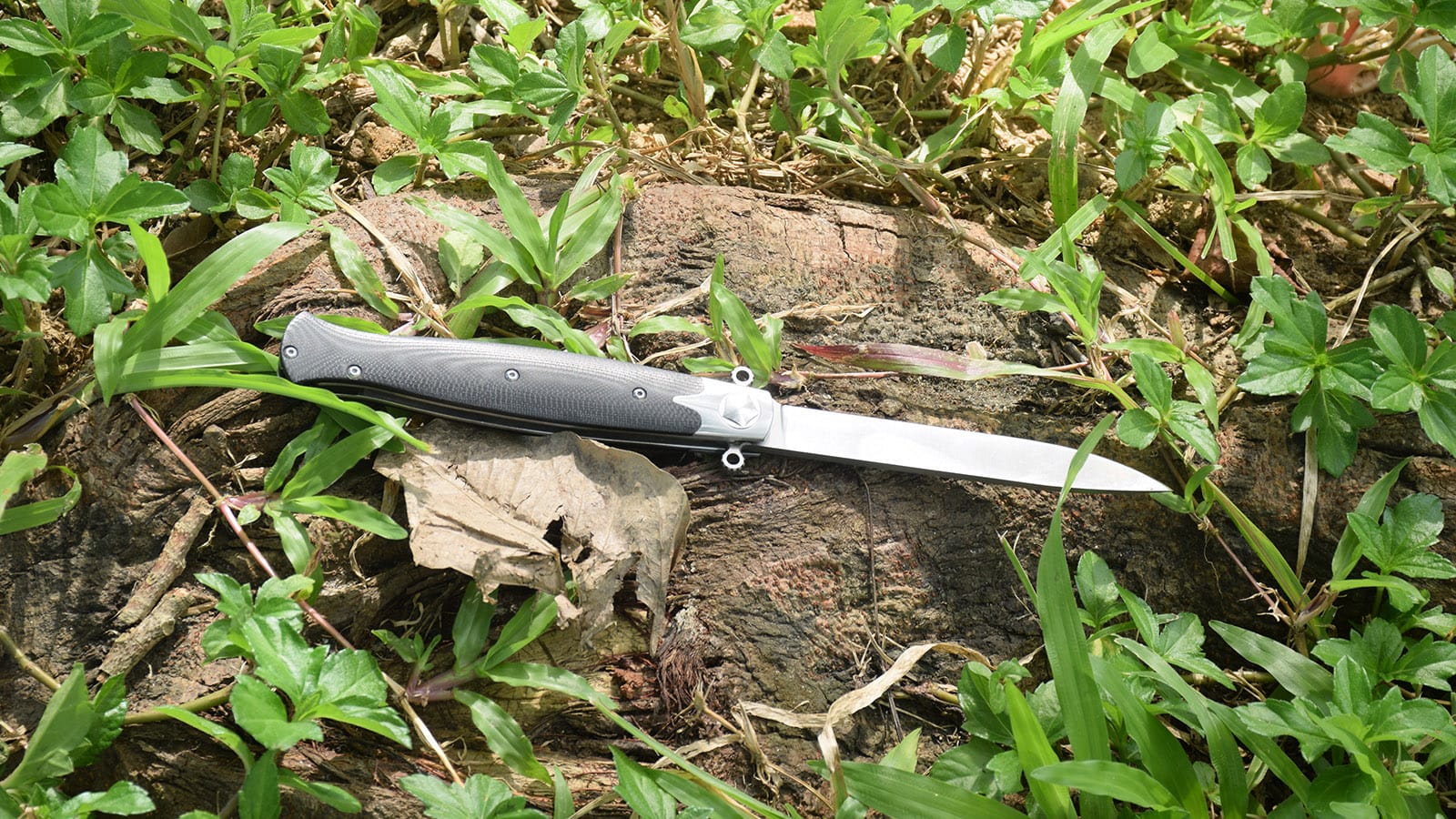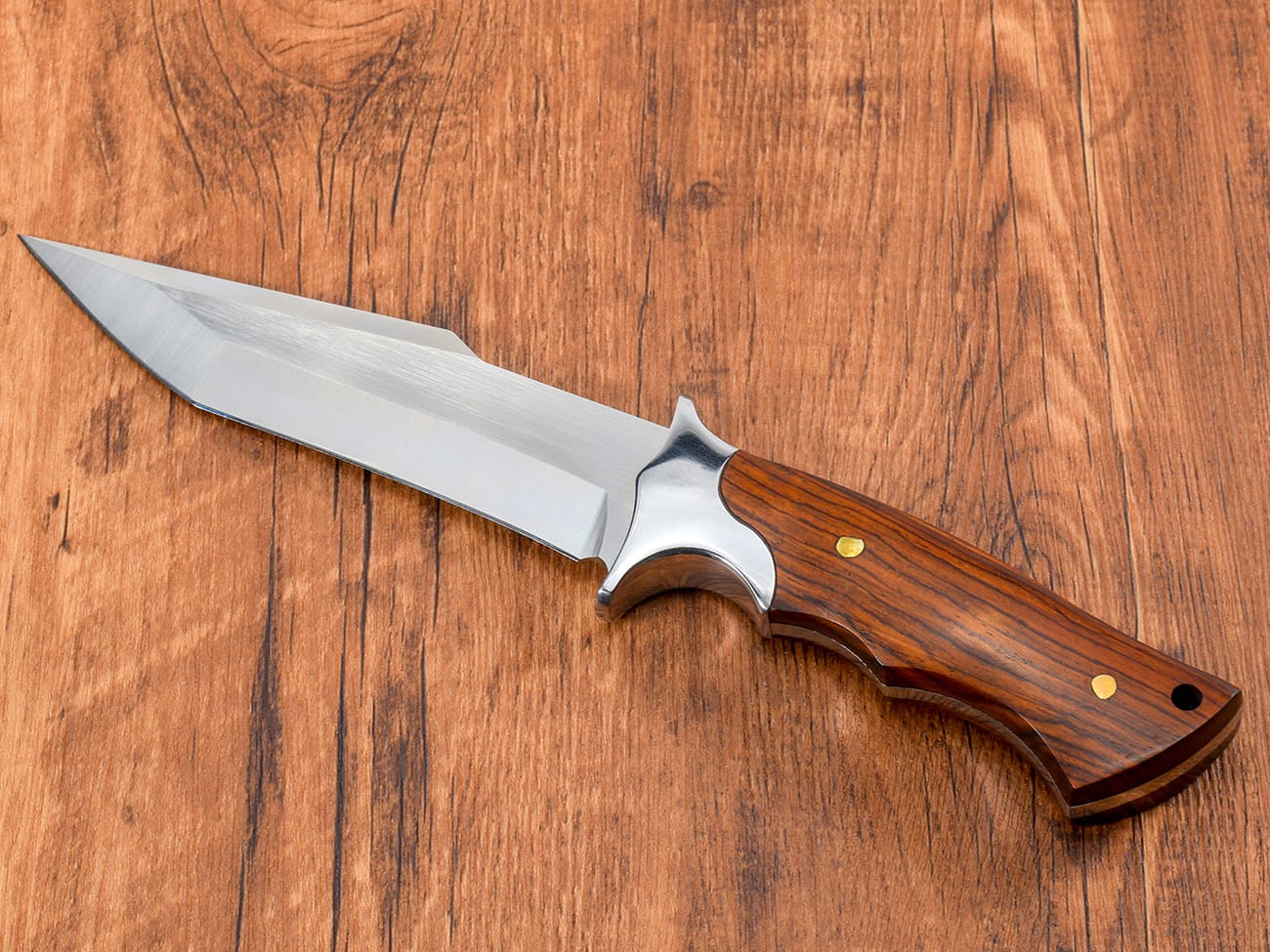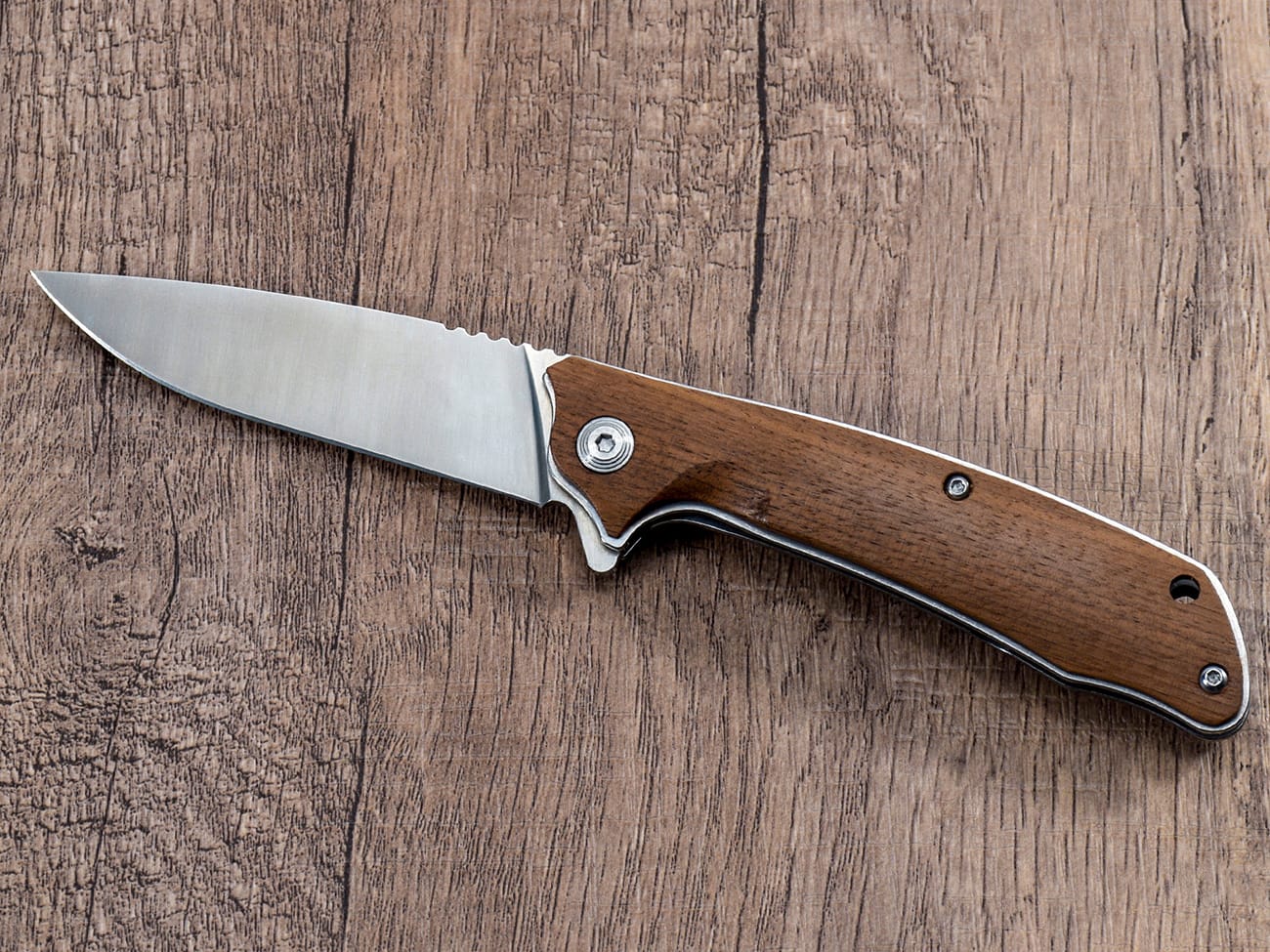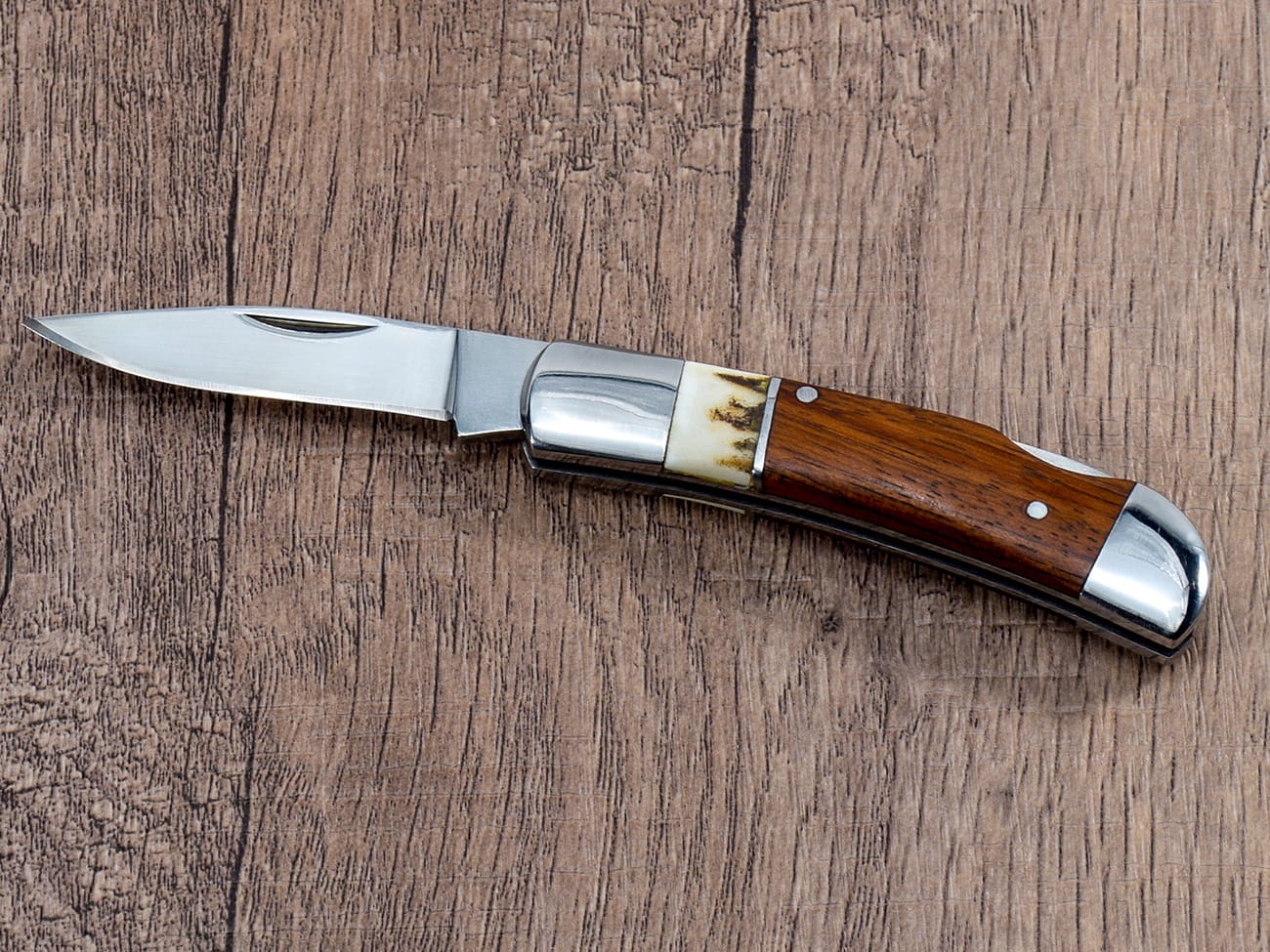Understanding the legal limits for pocket knife carry is crucial for both knife enthusiasts and everyday carriers. This comprehensive guide will help you navigate the complex world of knife laws and size restrictions across different states, ensuring you stay compliant while carrying your preferred pocket knife.
What Defines a Legal Pocket Knife Size?
The legal definition of pocket knife size varies significantly by state law and local regulations. Most states focus on blade length rather than overall knife size when determining legality. Generally, a common pocket knife with a blade length between 2.5 to 4 inches is legal to carry in most jurisdictions.
Understanding State-by-State Knife Laws
Different states have varying regulations regarding knife laws and what constitutes legal carry. Some states are more permissive, while others have strict restrictions on blade length and type of knife. Check out our guide on various pocket knives to understand different styles and their legal status.
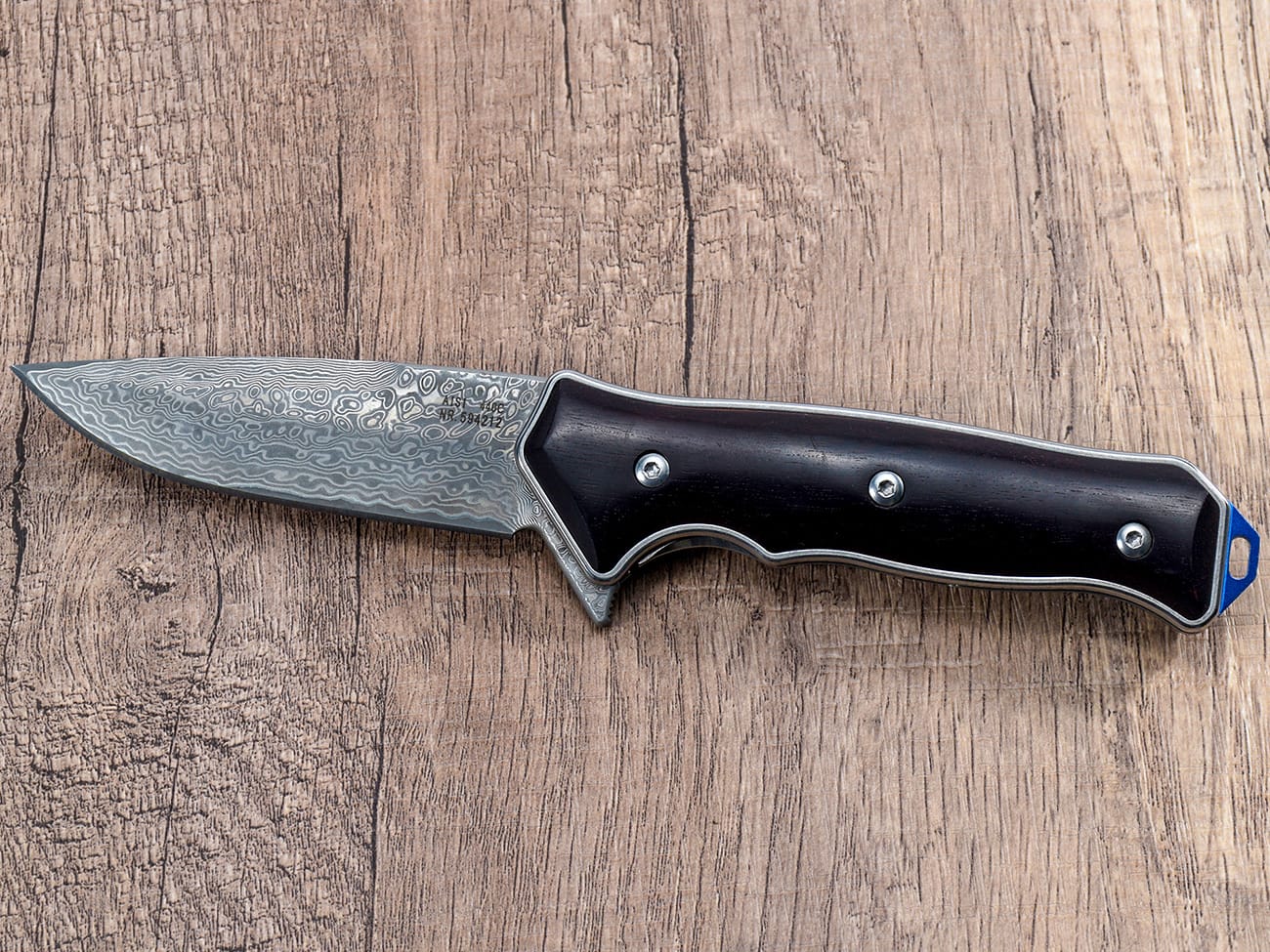
Damascus folding knife with wooden handle and pocket clip – a popular legal carry option
What Types of Knives Are Legal to Carry?
The type of knife you can legally carry depends on state laws and local regulations. Here’s what’s generally acceptable:
- Folding knives with manual opening mechanisms
- Traditional pocket knives
- Swiss Army knives
- Multi-tools with knife blades
- EDC knives with proper locking mechanisms
Are There Restrictions on Blade Length?
Most states have specific regulations regarding blade length for concealed carry:
- 2.5 inches: Most restrictive states
- 3-4 inches: Common legal limit
- 5+ inches: Usually requires open carry permit
How Do Concealed Carry Laws Affect Knife Size?
Concealed carry laws significantly impact the size of knife you can legally carry. Many states have different regulations for:
- Open carry vs. concealed carry
- Fixed blade vs. folding knife designs
- Automatic vs. manual opening mechanisms
What About Federal Knife Laws?
Federal law primarily regulates interstate transport and certain prohibited types:
- Ballistic knives are federally banned
- Switchblade restrictions vary by state
- Interstate transport must comply with federal regulations
Special Considerations for Florida Knife Laws
Florida serves as a good example of state-specific regulations:
- No blade length restrictions for open carry
- Concealed carry limited to common pocket knives
- Certain handle materials may affect legality
Common Misconceptions About Knife Size Limits
Many people misunderstand knife laws. Here are some clarifications:
- Blade length isn’t the only factor
- Lock type can affect legality
- Intended use matters legally
How to Choose a Legal-Sized Pocket Knife
Consider these factors when selecting a pocket knife:
- Local laws and regulations
- Intended use
- Carry method (open vs. concealed)
- Blade material and quality
Key Points to Remember
- Always check local laws before carrying
- Consider both state and federal regulations
- Blade length isn’t the only legal consideration
- Intended use affects legality
- Carry method matters legally
- Stay informed about law changes
Important Legal Disclaimer
This article is for informational purposes only and should not be considered legal advice. Laws vary by jurisdiction and change frequently. Always consult local law enforcement or legal counsel for specific guidance about knife laws in your area.

